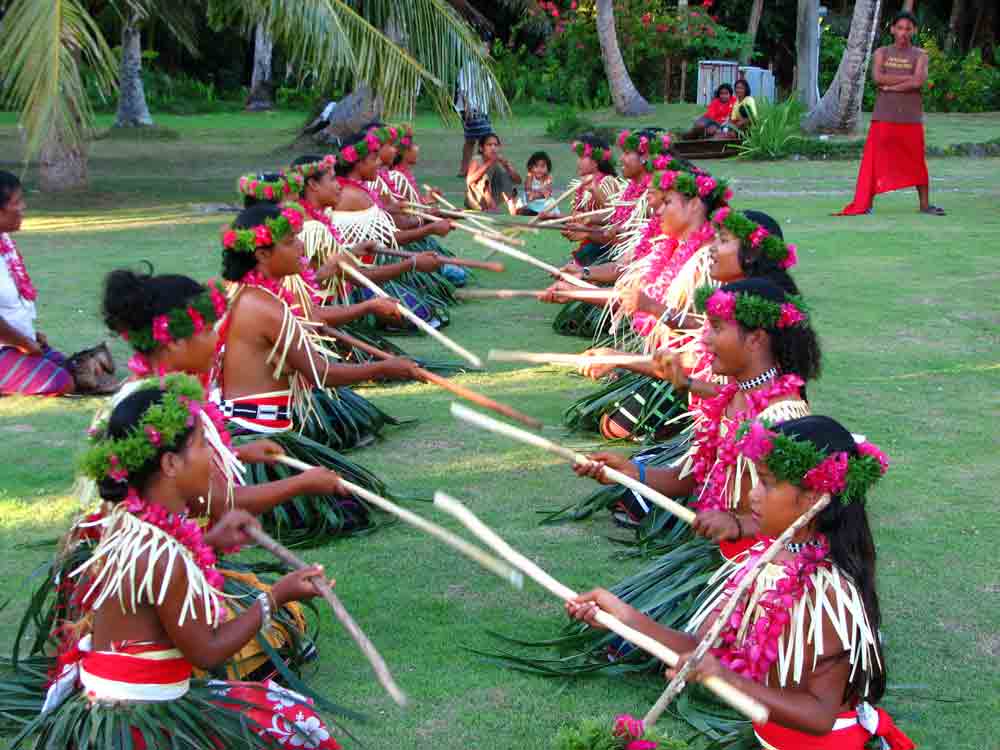Micronesia, with its pristine beaches, crystal-clear waters, and vibrant cultures, offers more than just a picturesque destination for tourists; it presents a unique, albeit challenging, lifestyle for expatriates. Whether you’re considering moving for work, retirement, or adventure, life in this diverse region of the Pacific can be immensely rewarding. Here’s an essential guide for expats looking to navigate life in Micronesia, blending practical advice with insights into the local way of life.
Understanding Micronesia

Micronesia encompasses over 600 islands spread across the western Pacific Ocean, divided into four main states: Yap, Chuuk, Pohnpei, and Kosrae. Each island and atoll has its unique culture, language, and traditions, contributing to a rich tapestry of experiences. Before moving, research the specific island you’re considering, as facilities, infrastructure, and lifestyles can vary significantly.
Legal and Administrative Matters
Visas and Residency
Investigate visa requirements well in advance. Most expats will need a work or residency visa, depending on their purpose in Micronesia. Processes can be lengthy and may require various documents and health checks, so it’s advisable to start early and consult with local embassies or immigration offices.
Taxes and Financial Planning
Understanding the tax implications in Micronesia and how they affect your home country’s tax obligations is crucial. Consider consulting with a financial advisor familiar with expat finances. Additionally, investigate banking options; while there are local banks, many expats maintain accounts in their home countries or in international banks.
Housing and Accommodation
Housing standards and availability can vary widely. In more remote areas, options might be limited to local-style homes, while larger islands like Pohnpei or Kosrae offer more diverse accommodations. Renting is common, but contracts and expectations may differ from what you’re used to. It’s advisable to secure temporary lodging upon arrival, giving yourself time to find a suitable long-term option.
Healthcare
Medical facilities in Micronesia can be basic, especially on smaller islands. For serious medical issues, evacuation to Guam or Hawaii is common. Therefore, comprehensive health insurance, including medevac coverage, is essential. Stock up on prescription medications and be prepared for limited availability of certain treatments.
Work and Business
Job opportunities for expats are primarily in education, healthcare, and non-governmental organizations. If you’re considering starting a business, be aware of local regulations and cultural practices. Networking with other expats and local business owners can provide valuable insights and support.
Culture and Community

Embracing local culture and customs is key to a fulfilling expat experience in Micronesia. Attend local events, learn the basics of the local language, and respect traditional practices. Community life is central to Micronesian culture, and building relationships can enrich your stay immensely.
Everyday Life
Adjusting to “island time” can be one of the biggest changes for new expats. Life moves at a slower pace, and services and amenities that are taken for granted elsewhere may be unavailable or infrequent. Plan accordingly, especially when it comes to transportation and supplies.
While grocery shopping, expect a mix of imported goods and local produce. Embrace the opportunity to try local foods and support community markets. However, be prepared for higher prices due to the cost of importing goods.
Environment and Recreation
Micronesia offers incredible natural beauty and outdoor activities, from diving and snorkeling to hiking and exploring historical sites. Respect the natural environment and contribute to conservation efforts to preserve these treasures for future generations.
Conclusion
Living in Micronesia offers a unique blend of challenges and rewards. Preparation, open-mindedness, and patience are key to a successful expatriate experience. By embracing local cultures, engaging with the community, and navigating the practicalities of island life, expats can find a fulfilling and enriching home in the heart of the Pacific.

Leave a Reply